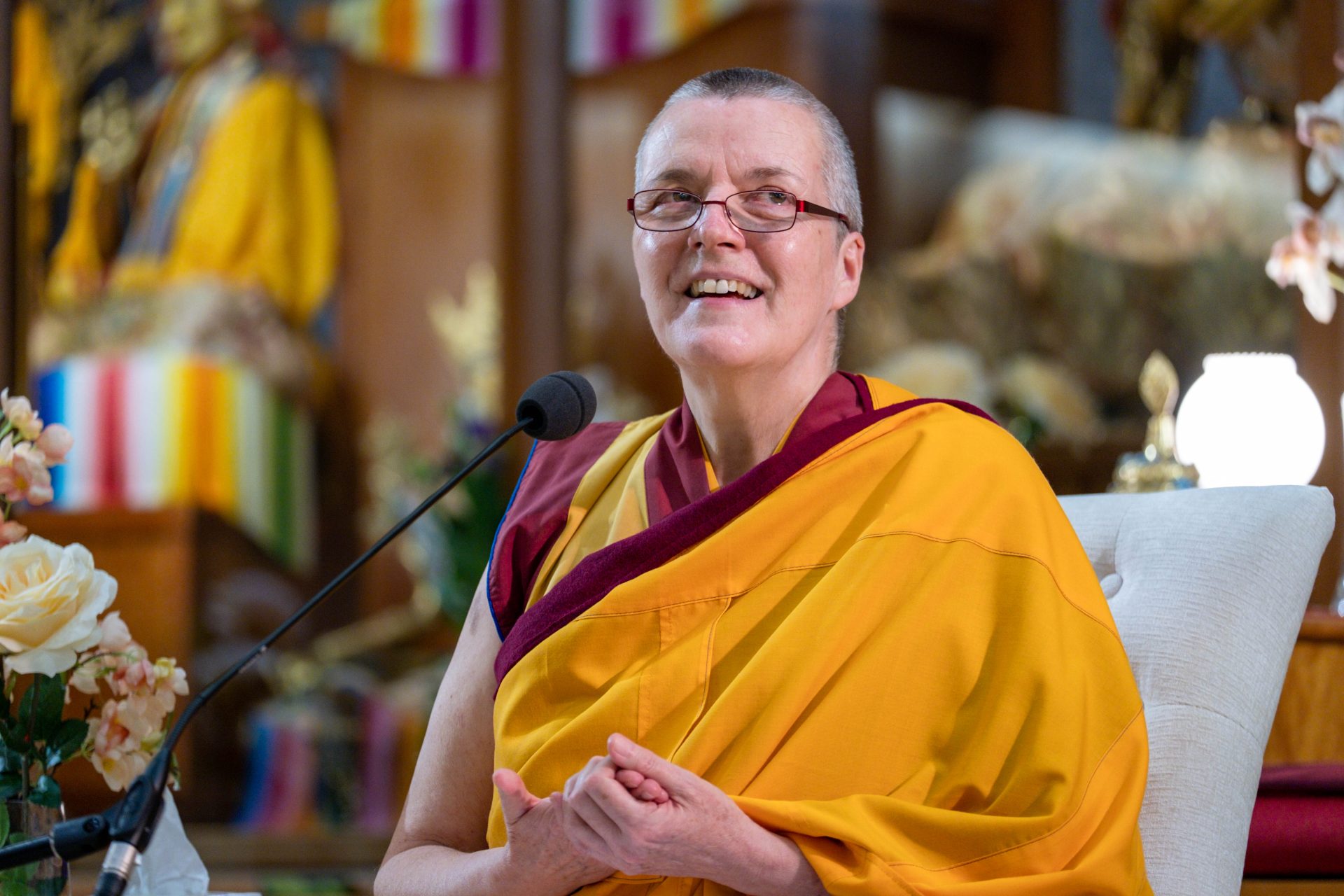The Beauty of Neutrality
Months ago, my husband Randy decided to celebrate his 50th trip around the sun by signing up for a 24-hour mountain bike race. He would do it as part of a relay team with three others. With the race...


Months ago, my husband Randy decided to celebrate his 50th trip around the sun by signing up for a 24-hour mountain bike race. He would do it as part of a relay team with three others.
With the race written in pen on the calendar, I watched him get in more training rides than he has in years. Beyond his weekday rides, every Sunday afternoon, for the last 15 weeks, he volunteered to take our two kids to their soccer camp which is located close to mountain bike trails. Week after week he pounded out mile after mile on his bike in all kinds of weather conditions, while the boys were learning new drills inside the soccer dome.
With race day arriving, he hemmed and hawed on which mountain bike he should bring. He had three to choose from. My husband is a minimalist, except when it comes to bicycles and sunglasses.
Departure day arrived.
Randy was physically fit, mentally ready, and feeling upbeat. He and his friends packed up their gear and bikes and drove through white-out conditions through the mountains from Colorado to Arizona. What is usually a 12-hour drive quickly became an 18-hour drive, but there were no complaints, they were relieved to finally get there.
Close to the hotel, they stopped at a Walmart to quickly pick up a few things. They left one bike locked inside the van, with the other three bikes locked up outside. Feeling uneasy, less than 20 minutes later, Randy went outside to check on the bikes, and to his dismay, the locks had been cut and two had been stolen.
His primitive brain kicked in and he sprang to action. With his adrenaline pumping, Randy jumped on a remaining bike and raced around the area to see if he could find the missing bikes. They were long gone. A police report was filed but Randy wouldn’t be seeing his bike again.
So my question to myself is is this a bad thing?
My immediate reaction? Well, of course, it is. Why would I try to see anything positive in this obviously unfortunate event?
But then I pause and take in a few intentional breaths. I feel myself pivoting from my initial primal reactions of surprise and anger that this happened to more intentional thoughts. I begin to calm down. I now know my prefrontal cortex is engaged and that I get to make this circumstance mean whatever I want it to.
This helps me think more clearly.
And it reminds me of a short story about the beauty of neutrality.
Here it is told by author Alan Watts, one of the first to interpret Eastern wisdom for a Western audience.
Once upon a time, there was a Chinese farmer whose horse ran away. That evening, all of his neighbors came around to commiserate. They said, “We are so sorry to hear your horse has run away. This is most unfortunate.” The farmer said, “Maybe.” The next day the horse came back bringing seven wild horses with it, and in the evening everybody came back and said, “Oh, isn’t that lucky. What a great turn of events. You now have eight horses!” The farmer again said, “Maybe.”
The following day his son tried to break one of the horses, and while riding it, he was thrown and broke his leg. The neighbors then said, “Oh dear, that’s too bad,” and the farmer responded, “Maybe.” The next day the conscription officers came around to conscript people into the army, and they rejected his son because he had a broken leg. Again all the neighbors came around and said, “Isn’t that great!” Again, he said, “Maybe.”
The story can go on and on and you can see that it’s really impossible to tell whether anything that happens in it is good or bad — because you never know what will be the consequence of the misfortune; or, you never know what will be the consequences of good fortune.
So if you ask me again is it bad that my husband’s bike was stolen?
My answer is that I’m not glad it happened, but I’ve intentionally decided to think that it was neutral, and what I mean is not a passively resigned kind of neutral, but an empowered, passionate and sage kind of neutral.
I don’t want negative energy unnecessarily cluttering up my mind, body, and home. I don’t want to hold on to anger. Resentment. Frustration. None of those will help me live the life I want. Negative thoughts lead to negative feelings that then increase the stress hormone cortisol. Every time we raise our cortisol, our immune function is turned down and it’s harder for our body to fight infections and eliminate toxins.
And I’m grateful that something worse didn’t happen. He could have come across the people who took the bikes and the unimaginable could have happened.
So we have one less bike in our stable.
And that’s okay. Randy got in more riding than he has in a long time. And no one can’t take that away from him. He was also blessed by a beautiful biking community that rose up and found bikes so that Randy and his teammates could still compete. And they had a blast racing through the desert, pushing themselves to their limits and truly feeling alive. That kind of exhilaration can’t be stolen.
We get to decide how to interpret our circumstances.
Is there a situation that is currently weighing you down?
Neutrality is the lighter path.
***
About the Author: Heather Aardema is an optimistic build-er-upper, momma of two boys, mountain biker, and fan of homemade and not-perfect. She’s the founder of School of Living Lighter—where she helps women tackle their clutter, un-complicate their lives, and lose weight for good—read more of her essays at schooloflivinglighter.com.

 UsenB
UsenB 






























